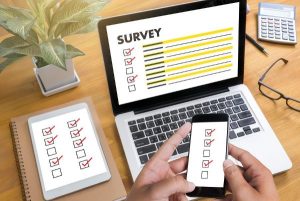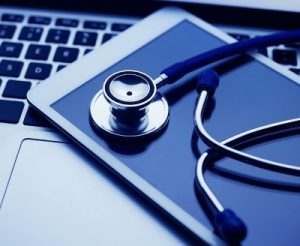
The health industry has always leaned into emerging technologies to help it become more efficient and effective in delivering patient care. Like a doctor's stethoscope or an X-ray machine, today's digital solutions are part of a continuing evolution of medical tools that enhance and inform provider care. Of course, this use of technology must be thoughtful and careful not to replace doctors or their decisions with computer-generated suggestions.
The government's role of oversight into healthcare delivery is a careful balancing act of encouraging innovation while ensuring patient safety. From medical devices to artificial intelligence (AI), regulations are evolving to ensure healthcare gains efficiencies and insights from digital solutions while maintaining patient protections. In fact, the Food and Drug Administration recently created a new Digital Health Advisory Committee to help support the development of digital health technologies and their regulation. This committee will examine a wide variety of technologies and issues, including AI, cyber security, and equity in healthcare delivery. Continue reading



 The Department of Health and Human Services (HHS) has been in the spotlight like never before with their critical role in managing the pandemic. While there is a lot of work still to be done on that front, other critical efforts are taking place across HHS agencies that will have an incredible impact on the health and well-being of citizens.
The Department of Health and Human Services (HHS) has been in the spotlight like never before with their critical role in managing the pandemic. While there is a lot of work still to be done on that front, other critical efforts are taking place across HHS agencies that will have an incredible impact on the health and well-being of citizens.
